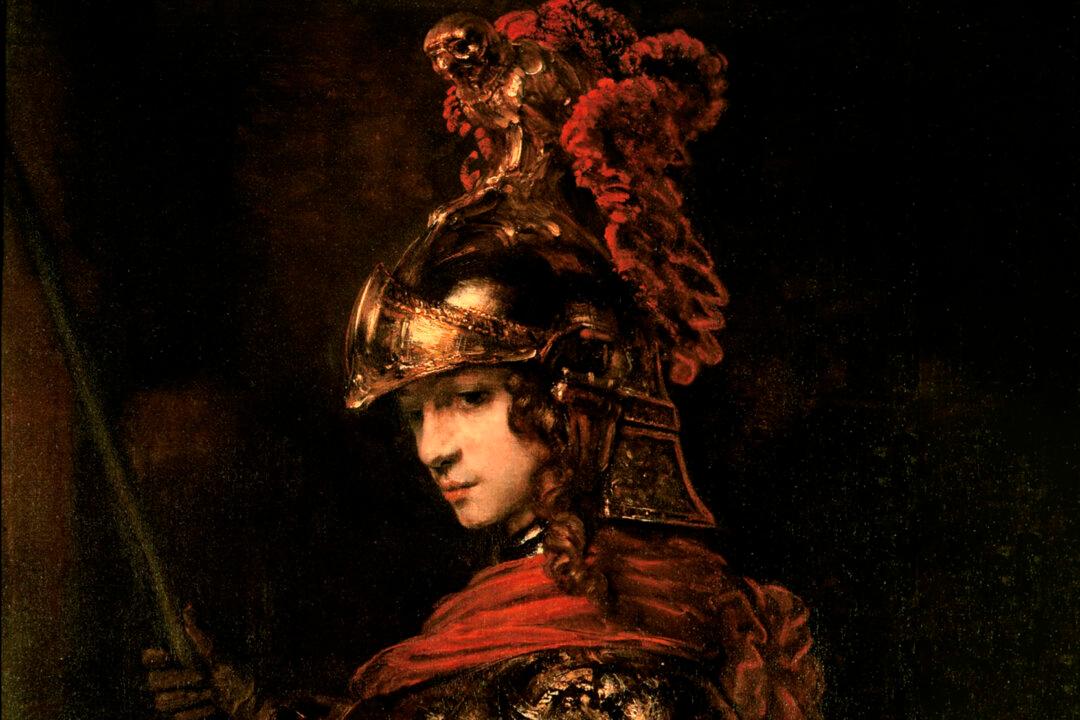In Part 1 of this article, we looked at how the Western world has shifted away from pursuing wisdom and now pursues what some call self-actualization. The essence of wisdom, we said, was morality. As the Roman statesman Cicero wrote, it is the ability to distinguish between right and wrong, and this ability pervades all our activities.
The Greeks insights into the nature of wisdom came through their understanding of a goddess, Pallas Athena. Hopefully, seeing what we can learn from Athena can help us become wiser: to become people who can more effectively discriminate between right and wrong.






